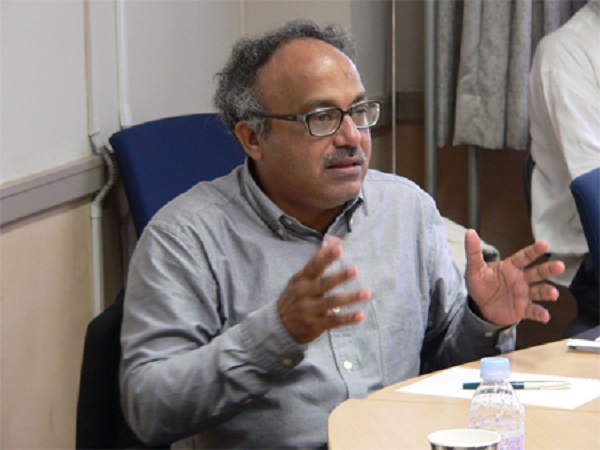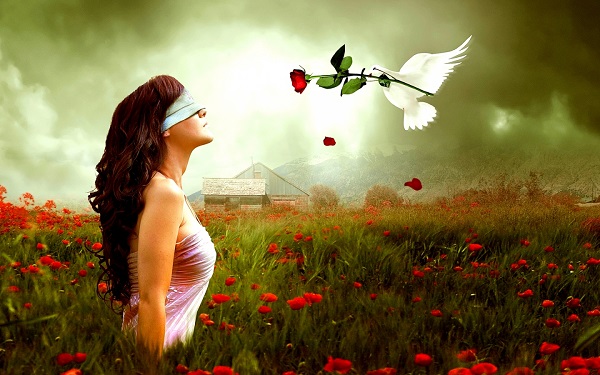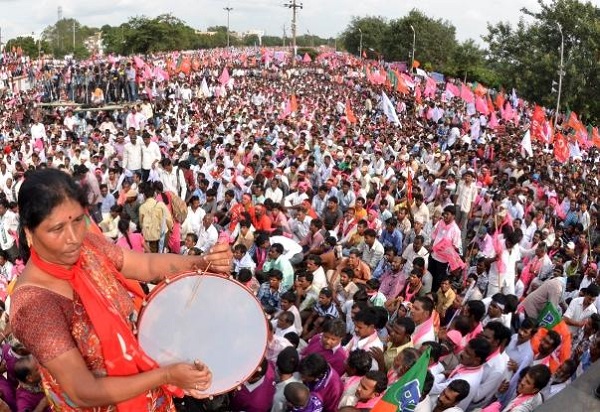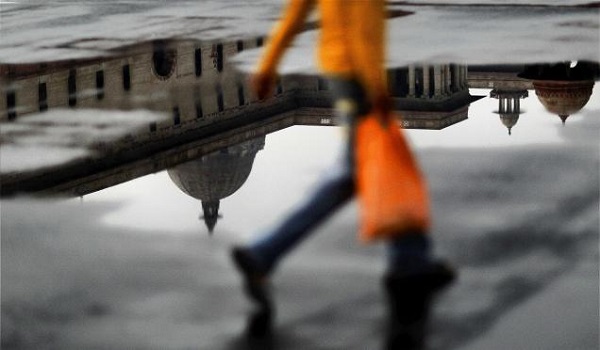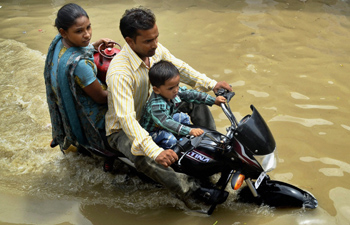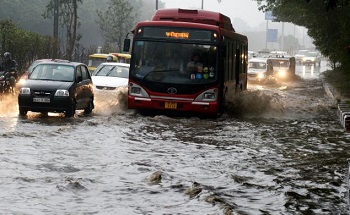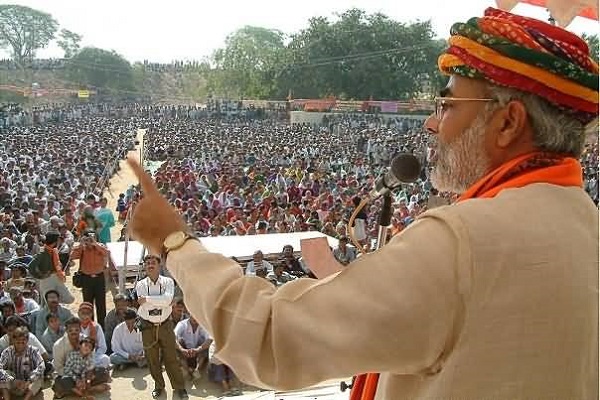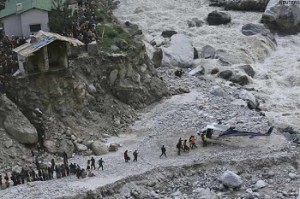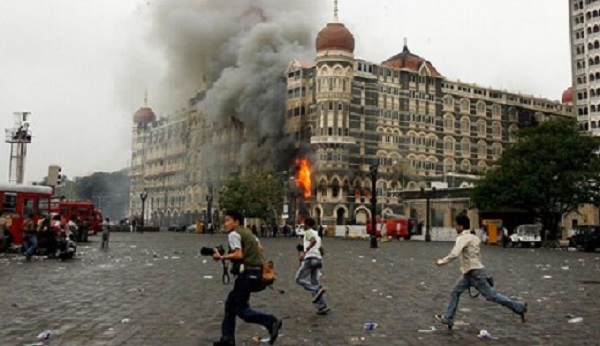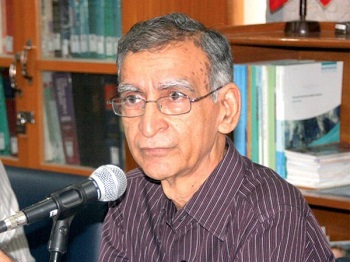Three academics in Delhi have set up a trust that will encompass the spectrum of Humanities Studies in the country.
 by Humra Quraishi
by Humra Quraishi
Last week, I wrote about Kolkata’s Presidency College introducing ‘Love’ as a subject in its curriculum. Now there’s another bit of good news from the world of academia – three senior academics in New Delhi, Rakesh Batabyal, Mahalakshmi Ramakrishnan and Antony Thomas have set up the Humanities Trust.
What for, you ask. I quote Dr Batabyal (in pic above), “The Trust will try and encourage high quality in humanities education, which will include research and publication in different languages of Indian and other societies. The Trust also seeks to come to help the teachers of classical languages, liberal arts. Its centre for advanced study will try and spread the message of Indian philosophy and culture, through high standards of research that it will try and promote.”
This Humanities Trust has a definite plan to set up several concrete platforms to reach out to the masses. In fact, these academics want to reach the masses through this Trust by setting up the Institute of Advanced Studies (HTIAS), Curriculum Resource Centre (CRC), Humanities Bibliospaces and Espaces: New libraries for schools in remote areas and for students from deprived sections (HBE), Centre for the Study of Philosophy of Religion and Secularism (CSPRS), Centre for Studies on Institutions (CSI), Centre for Indian Nationalism (CIN), to name a few initiatives.
Dr Batabyal adds, “With the declining quality in education, particularly in public education delivery, there is an urgency to intervene in the education system by starting an Institute of Advanced Studies. The Institute will house scholars from across the country and the world who would use its residential character to congregate and discourse on issues and areas designed broadly by the Institute. The active training, publication and seminar programmes of the Trust aims at disseminating the work of these scholars and their discussion to hundreds of other institutions of education, which would bring the cutting edge knowledge paradigms closer to those who do not have access to these.
“The Curriculum Resource Centre (CRC) shall be an ongoing archive, documentation and facilitation centre for curriculum development across education segments. These will be made available to institutions to enable long-term development as well as for short-term modules. The centre will provide the training for educators in the using of these curriculum frameworks as well. The Trust shall also seek to develop a centre for the study of religions – the philosophies, history and evolution of newer belief-systems. It will also seek to promote the understanding of secularism through research, seminars and teaching modules on conceptual issues, thinkers, philosophical questions related to the subject.
“The endeavor is to truly integrate the idea of humanism with that of inquiry. The Trust shall study the origin and trends in the growth of institutions across the world, particularly the democratic institutions. Legislation has been the finest art of human kind and therefore study of legislating institutions shall be studied in close conformity with the changing patterns of humanistic expressions.”
He signs off by saying, “The study of the unique phenomenon of Indian Nationalism will be encouraged in the context of its anti-colonial past and globalized present. There will also be emphasis on the comparative history and process of nation-building in different parts of the developing world.”
Humra Quraishi is a senior journalist based in Gurgaon. She is the author of Kashmir: The Untold Story and co-author of Simply Khushwant.
(Picture courtesy utcp.c.u-tokyo.ac.jp)
